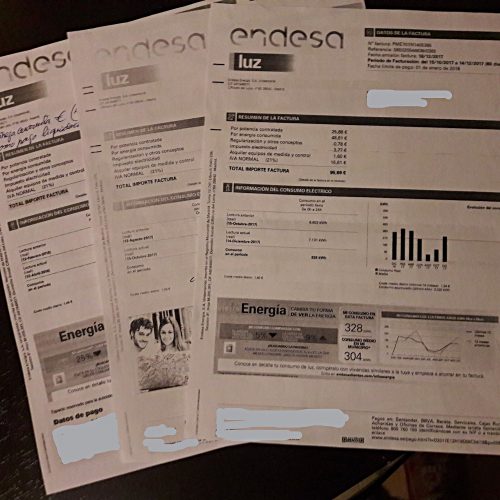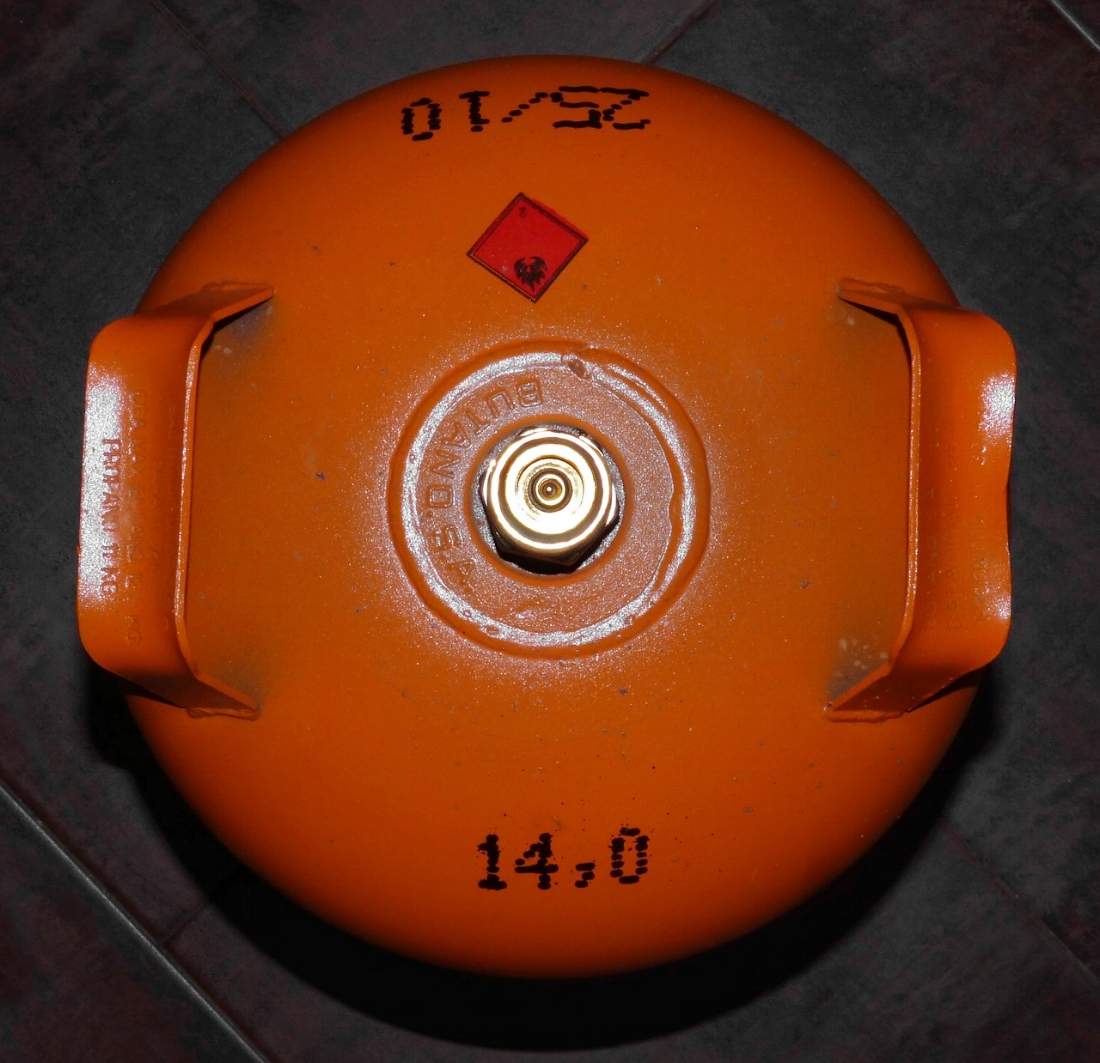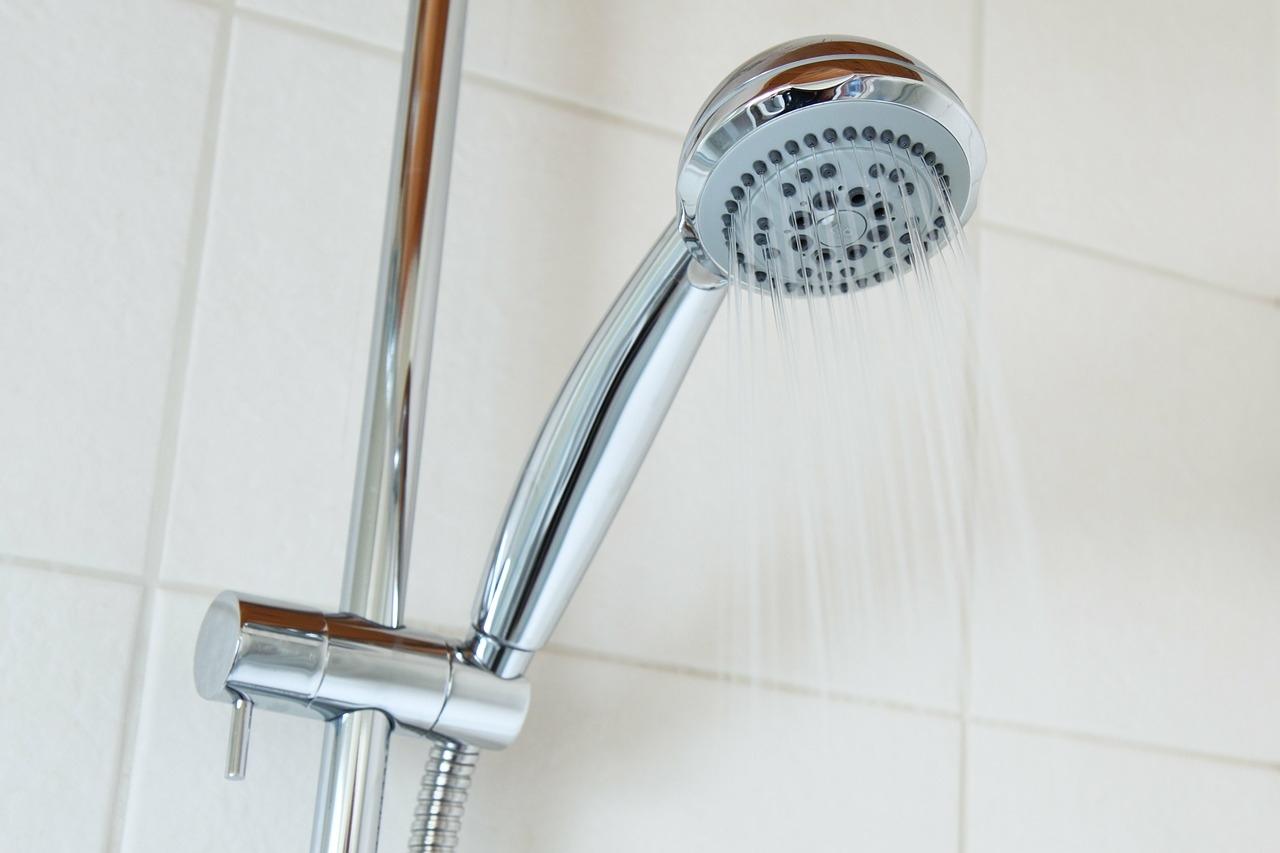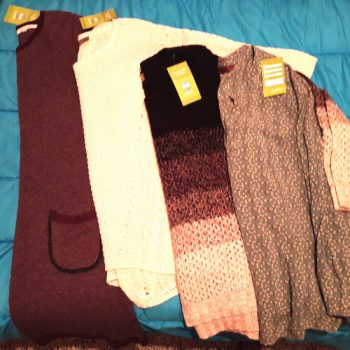
How to: Deal with Gastos (Utilities) in Spain
Dear Jill,
If you’re in the process of apartment-hunting (check out our articles on renting an apartment and the best websites to use if so) or newly settled into a place here in Spain, you’re likely wondering about your utilities bills or, as they say in Spanish, your gastos. In today’s quick guide we’ve compiled the basics about what, when, and how to expect to pay as well as some insider tidbits on what you should know about different sources of heating and Spaniards’ habits to be aware of in terms of the gastos if you will be sharing a place. Let’s dive right in!
What basic utilities should you expect to pay?
El Agua (aka the water bill)
La Luz (aka the electricity bill)
La comunidad (aka the fee you pay to be in the building’s owners’ association)
 All of the aforementioned bills are likely to arrive on a monthly or every-other-month basis. Be sure to ask your landlord (or the previous owner, if you are buying) in advance as budgeting for the every-other-month is a bit more tricky if you happen to have one month with no gastos and the next month with over 100€ due for utilities. La comunidad tends to mentioned as included (incluido) in most rental cases but be sure to ask if you don’t see it listed. If a landlord does expect you to pay this fee additionally, ask a few locals what the going rate is (and if it is legal that a renter pay this out of pocket. Here in Granada, for example, la comunidad typically costs about 30€ but I have never paid it directly as a renter.)
All of the aforementioned bills are likely to arrive on a monthly or every-other-month basis. Be sure to ask your landlord (or the previous owner, if you are buying) in advance as budgeting for the every-other-month is a bit more tricky if you happen to have one month with no gastos and the next month with over 100€ due for utilities. La comunidad tends to mentioned as included (incluido) in most rental cases but be sure to ask if you don’t see it listed. If a landlord does expect you to pay this fee additionally, ask a few locals what the going rate is (and if it is legal that a renter pay this out of pocket. Here in Granada, for example, la comunidad typically costs about 30€ but I have never paid it directly as a renter.)
How do you pay for these basic utilities?
Assuming you are renting…
It is highly unlikely that the owner of your flat will have the utilities put in your name (it can be a drawn-out bureaucratic process and is not worthwhile to do each time someone moves in for a year). Instead, the bills are likely to arrive at your residence in their name or they’ll have them delivered elsewhere and notify you (probably by Whatsapp) when they arrive.
-
For bills that owner’s have set up for automatic pay from their accounts, you will simply need to reimburse your landlord for the amount of the bill you receive. This is typically done via bank transfer (either from the comfort of your home if you have online banking set up through a Spanish bank account) or at a bank. When transferring money into someone else’s account at the bank, it is generally most economical to do so at an ATM of the bank where the other person holds an account. For amounts of money that can be deposited in whole bills (i.e. 80€), there is no fee. However, for odd amounts (i.e. 82.46€) this will not work for you and you may need to use the teller to make the transfer (which generally costs about 3-5€ if you are not a client of that bank). Alternatively, if your landlord lives locally you can set up to meet with them in person and pay these bills in cash.
-
For bills that are not paid automatically, you will be in charge of paying these bills (in a timely matter!) yourself and this is generally done at an ATM or other specific machine located in most banks. Check the small print at the bottom of your bill if you are uncertain where to go, but large banks like BBVA and Santander are pretty much all viable options. While you may sometimes be able to pay utility bills at an ATM, I recommend going inside and looking for the specific machine for this if you will need change or would simply like some assistance your first time. Going with a Spanish roommate or asking one of the tellers is always helpful, although if you can read Spanish it’s not too difficult. Simply scan the barcode on your bill (or type it in if that’s not working) and insert the amount needed to be paid.
**If you do forget to pay your utility bill on time, don’t despair immediately. They will not cut off your electricity or water right away, just be sure to get to the bank as soon as possible. Overdue bills must be paid at the teller and often this service is only available on certain days so check ahead.
Do you have a butano for the hot water, heating, or stove?
Many people argue that the system of using butano (butane gas) or propano (propane gas) for your heating needs is more cost-effective. However, before you rent/buy a place with this sort of set-up be sure you’re aware of the maintenance differences. Unlike in countries like the USA and UK, people in Spain do not normally have gas running into their homes from a huge tank located elsewhere. Instead, you will probably need to survive off of a 11-14 KG bombona (gas canister) that will run out at different rates depending on a variety of factors such as what you are using for, how many people live in your home, etc. While it is not necessary to go in person to drop off and pick up a new bombona, arranging to have the company bring you a new one sometimes takes longer than you’d hope and can be especially difficult if you work/study outside the house most of the time as they don’t give you an exact time to expect the delivery.
If at all possible, you should stock up on butano or propano (whichever your system requires) so that you always have a spare canister to use while you wait for the next one to be delivered. Perhaps it doesn’t sound important now, but going a few days in the winter without hot water will teach you otherwise.
 My personal opinion on gas-run utilities: Having a stove that runs on gas is excellent as the amount of gas used over the course of a year is often less that what you get in a single bombona (I lived in an apartment on my own for 10 months and never had to replace this bombona). However, hot water heaters that run on gas—especially if this hot water is fueling your radiators—can run out quickly. This is not to say that it is still not more cost-efficient than what it would cost to heat your water and home in the winter on electric…but be aware of the ongoing maintenance. You may need to replace your bombona multiple times throughout the month if you are on this system so decide if that cost-saving is worth the added hassle or if paying a bit extra for electricity but having the peace of mind that it’s never going to run out is better for you.
My personal opinion on gas-run utilities: Having a stove that runs on gas is excellent as the amount of gas used over the course of a year is often less that what you get in a single bombona (I lived in an apartment on my own for 10 months and never had to replace this bombona). However, hot water heaters that run on gas—especially if this hot water is fueling your radiators—can run out quickly. This is not to say that it is still not more cost-efficient than what it would cost to heat your water and home in the winter on electric…but be aware of the ongoing maintenance. You may need to replace your bombona multiple times throughout the month if you are on this system so decide if that cost-saving is worth the added hassle or if paying a bit extra for electricity but having the peace of mind that it’s never going to run out is better for you.
Some final thoughts on your gastos
As a foreigner, almost all of the utility bills I’ve paid while living in Spain have felt quite fair and reasonably priced. However, Spanish people tend to be very conscientious about their gastos and many have behaviors regarding this that you’re not used to, but that they will expect you to follow.
The simplest of these behaviors is turning off the lights you’re not using at the moment. This might sound obvious (it does to me NOW), but I personally grew up in a house in which we kept the light on in the living room and kitchen basically all day and also left the light on in our bedrooms even if we wandered downstairs for what might turn into half an hour. However, I’ve had Spanish roommates turn off the light in my bedroom in the time it took me to simply go to the bathroom! Keep this in mind when it comes to heating as well. While I was used to having the heating on 24/7 in the winter, here in Spain I will only turn on heating for short spurts of time and wait until I get cold to do so again.
 Additionally (and this may be an extreme), my host mom when I first studied abroad in Spain lectured me on the use of water and asked me to always turn off the water when I was not using it—which literally meant only wetting myself when I got into the shower, then turning off the water while I shampooed, turning off the water while I lathered up, you get the picture. I no longer go to this extreme as roommates I’ve had since were not so conscientious but if any of these practices would be bothersome to you, be sure to have a brief discussion with potential roommates before deciding to live together.
Additionally (and this may be an extreme), my host mom when I first studied abroad in Spain lectured me on the use of water and asked me to always turn off the water when I was not using it—which literally meant only wetting myself when I got into the shower, then turning off the water while I shampooed, turning off the water while I lathered up, you get the picture. I no longer go to this extreme as roommates I’ve had since were not so conscientious but if any of these practices would be bothersome to you, be sure to have a brief discussion with potential roommates before deciding to live together.
I hope this introduction into what your gastos are as well as some considerations regarding these utilities comes in handy for you. If you find you have more specific questions as you settle in here in Spain, please do not hesitate to reach out!
Sincerely,
Spain





2 Comments
Ted Moseby
That was a very thorough article, I agree with all that was said. I would just add:
If you are renting a place and can manage to keep your name off the bills, that is a much better situation for you. Technically I think the renter is supposed to be the one listed as the ‘titular’ but most landlords won’t bother changing it as the process may require them to be there in person as the owner of the property. Having your name on the bill means you’ll have your name on the bill until the next renter changes it to theirs, and if they don’t want to, you may find yourself stuck for a while, or at least having to communicate with the landlord a lot. Not easy if you are already hundreds of miles away in another city. So stay off the bills if you possibly can. If the bills are in your name and ID number, then the company can pursue you for the payment, which might not have been incurred by you. A right pain, so avoid if possible.
Additionally, connecting ‘bombonas’ isn’t something I had done before coming to Spain. There is a technique to it, you have to close the cap/turn fully right [depending on model type] the connecting ‘thing’, then hold it above the gas canister, then grab the bottom of the ‘thing’ with your fingers and pull it upwards while then pushing down on the top of the gas bottle, then when you are in the right position push back down the bottom of the ‘thing’ until you feel it click, then you open/turn to the left the connecting device. Your gas will now be running.
Finally I would say Spain is embracing new technology fast and is ahead of many other countries I think, having said not to have your name on the utility bill, one benefit of having it is that you can gain access to the online portal when you can see up to date usage graphs, meaning you can monitor your bills/electricity/water usage almost on an ongoing basis, really useful for budgeting, you will never get a shock from a big bill again.
Finally, as the article states, energy prices in Spain are controlled by the state so you don’t have to fear being ‘ripped off’, there are set prices for gas canisters for example and for what your water/electricity company can charge. So nobody will be able to take advantage of you possibly not understanding what you are buying.
Sincerely, Spain
Thanks so much for the additional details! Even after living here in Spain for years, I still worry about connecting the bombona incorrectly so that explanation is much appreciated. It sounds like there’s a lot to consider in terms of getting your name put on the bills or not (I actually wasn’t aware that it technically SHOULD be done for each renter as, in practice, I’ve never been given the option here in Granada) so thanks for the insights—hopefully it will help out other readers as well 🙂